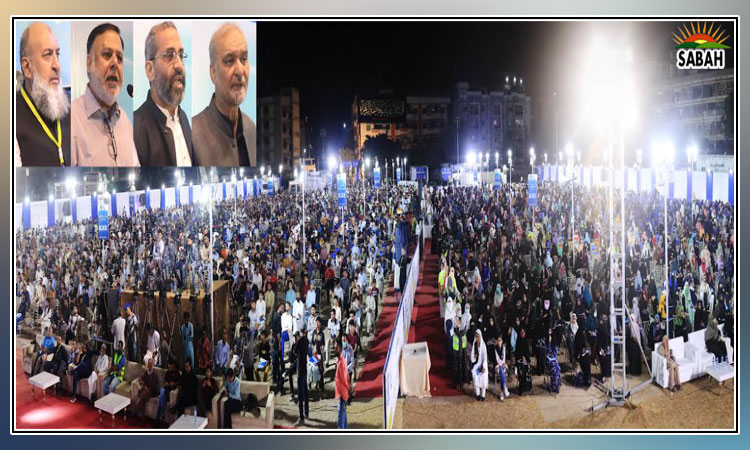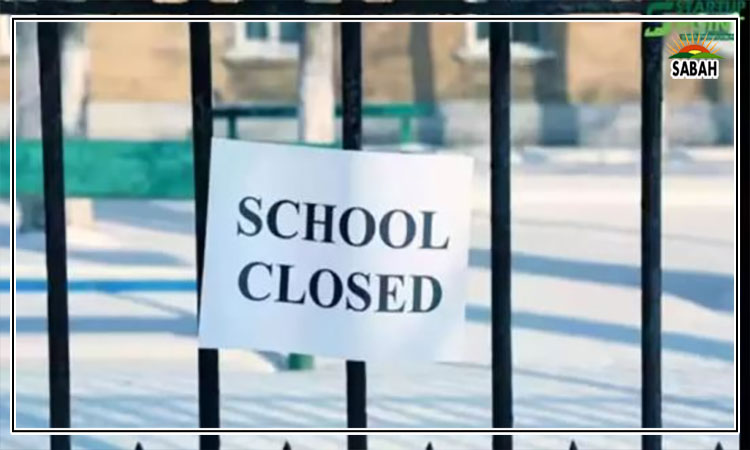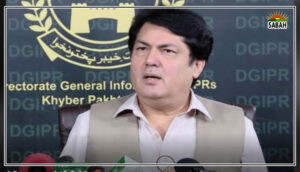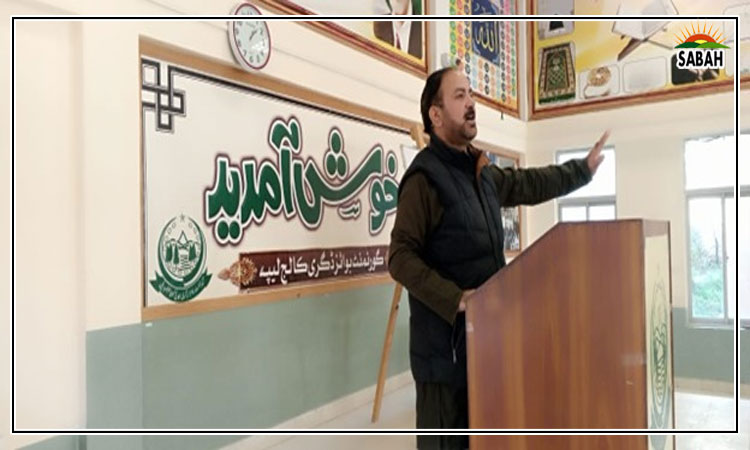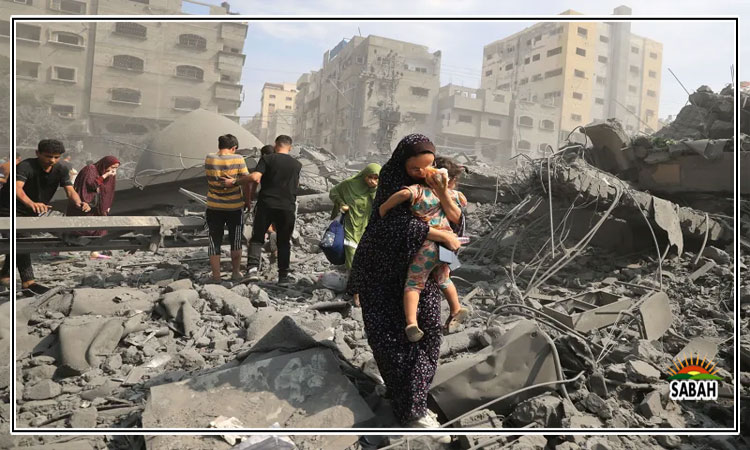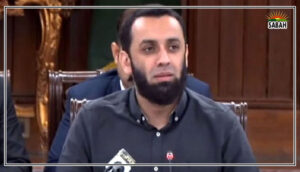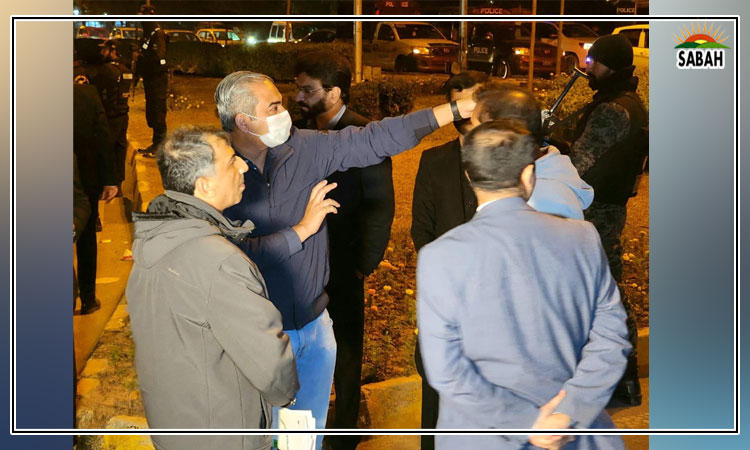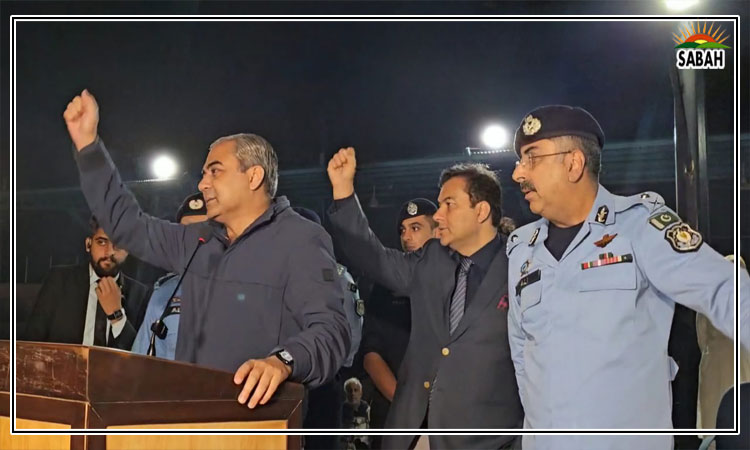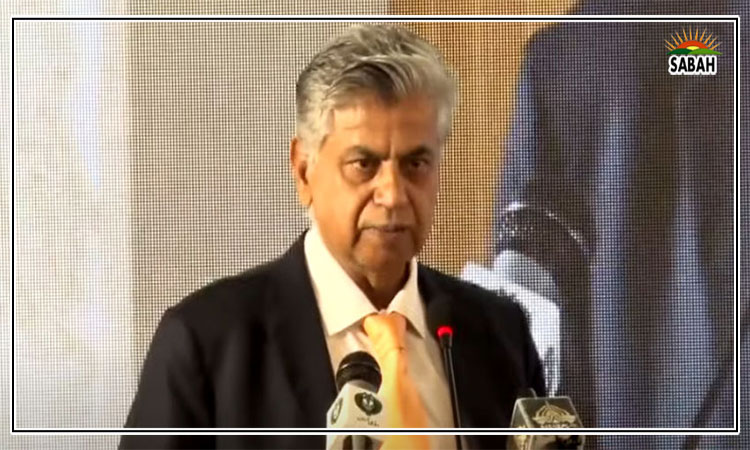Women empowerment sacred duty impossible sans societal attitude of equality for women: Murtaza Solangi
ISLAMABAD, Dec 11 (SABAH): Caretaker Federal Minister for Information and Broadcasting, Murtaza Solangi on Monday said women empowerment in the country is a sacred duty which is impossible without the societal attitudinal change promoting equality for women and girls.
The information minister was addressing the stakeholder discussion on Women’s Inclusion in Democratic Governance as chief guest organized by South Asia Partnership Pakistan (SAPP) under the Jazba Project with the support of the Canadian government. Murtaza Solangi said the behaviour of equality should be promoted at the household level where boys are not preferred over girls, and if it is not inculcated in the society then there will be no change.
“If there is no societal and cultural change in politics, arts, media, music and other fields towards women then the desired outcomes for women inclusion and development will be elusive,” he said. He added that the mothers would have to bravely play their role to ensure that her daughter is not treated as less important than her son.
Commenting on the election, he said according to the Constitution’s Article 218-3, the Election Commission of Pakistan (ECP) is the only body to ensure free and transparent polls in the country. However, he said the election cannot be free and fair if half of the population (over 50% women population) is out of the process.
He regretted that the country that had pioneer women politicians like Mohtarma Fatima Jinnah and Benazir Bhutto, its political parties lacked any female party head. It’s the first country in the Muslim world to have the first female prime minister, he said. He maintained that further legislation is not the solution but rather change in old hackneyed societal norms is necessary to achieve the goal of women empowerment.
He urged the forum to provide a charter of demand that should guide on what an interim government can do so under the solid recommendations that are applicable to improve electoral process of coming February 08, 2024 elections. He categorically stated that there should be no doubt about it as elections schedule would be issued before Dec 14, 2023.
Senator Farhat Ullah Babar of Pakistan Peoples Party (PPP) said the status achieved by the women of our society was all because of their relentless efforts and struggle. However, there are still 11 million women voters that did not have identity cards and were disenfranchised in the elections. He added that the turnout of women voters as compared to men in 2018 elections was increasingly low which should had improved the mandate of the elected representative if they were given the opportunity. He urged to ensure implementation of the Supreme Court orders ensuring women rights and empowerment of the women of Non-Muslim minorities and the ban on jirga’s (community leaders convening deciding societal disputes).
The EU Delegation envoy highlighted the Union’s initiatives focusing women rights as a key priority for the world and especially Pakistan.
The Canadian Development Organization, Representative, Alicia Susa highlighted the challenges to women and minorities in Democratic Governance and underscored continued interventions to increase political empowerment of women by the agency.
Amin Sayed from UNDP underscored the need for women participation in the electoral process.
Muhammad Tehsin, Chief of SAPP while presenting the forum’s recommendations urged the Minister to ensure that the violation of code of conduct and violence in elections was contained as both the interventions barred women to participate in electoral process.
Naeem Mirza, Executive Director Aurat Foundation demanded that there is a need to review and revise strategies as the world over women ratio in Parliament was not improved through legislation but rather political parties. He demanded the political parties to mention women empowerment and inclusion in their party manifestos.
Pakistan Muslim League Nawaz (PML-N) leader Senator Afnanullah Khan was dissatisfied with the proportion of women’s participation in democracy and politics. He said that women faced challenges on many fronts including society, home and parliament. “We have done a lot of work regarding women’s legislation. We are including an insurance program to empower women in our party manifesto. In elections, tickets are given not on the basis of gender but on the basis of performance,” he said.
Jamiat Ulema-e-Islam leader Shahida Akhtar Ali said whenever the political parties have extended an opportunity to women, they had showed promising results. “Understating women is a huge problem. Our party was not in favor of increasing the quota of women from five percent,” she added.
Naz Baloch of PPP said Benazir Bhutto set a great example for women by highlighting that the role of women is key in society. “Women should be represented in general elections in seats where they can contest directly in the polls,” she added.


